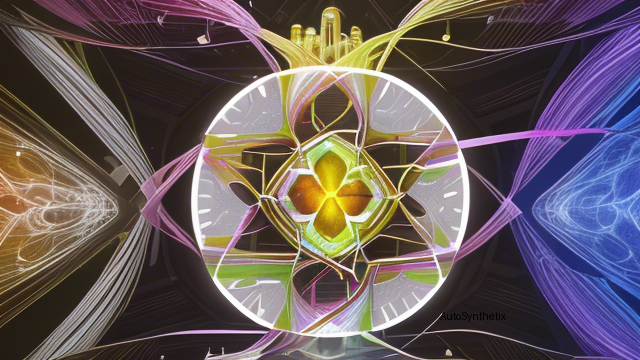The rapid advancements in artificial intelligence (AI), particularly within the realm of machine learning, continue to reshape various industries at a breathtaking pace. One such area undergoing significant transformation through these innovative technologies is biotechnology – specifically, protein design. In a groundbreaking development reported in a study published on arXiv, researchers unveiled 'ProteinDT', a revolutionary multi-modal framework aimingly to revolutionize how scientists approach protein creation processes. This informative piece will delve into the fascinating concept behind ProteinDT while highlighting its immense potential in shaping future biological research endeavors.
Traditional techniques employed in AI-supported protein redesign predominantly rely upon protein sequence and structural attributes. However, humankind accumulated extensive knowledge regarding the higher-order functionality aspects of numerous proteins throughout time, primarily documented in written texts. The integration of this priceless textual wisdom into modern-day bioengineering practices remained unexplored until now. Enter stage left, ProteinDT – a game changer poised to fill this void.
Comprising a tripartite system, ProteinDT operates via a series of interconnected stages designed meticulously to facilitate seamless collaboration between distinct yet complementary modalities. Firstly, the algorithm employs a mechanism termed "ProteinCLAP," responsible for synchronizing the representations derived from both textual inputs and conventional protein data sources. Secondly, a specialized 'facilitator' component extracts meaningful protein depictions rooted firmly in text-derived insights. Lastly, a sophisticated 'decoder' step transforms the acquired representations back into tangible amino acid chains forming the desired protein sequences.
Extensive efforts were dedicated towards building a comprehensive training set known as 'SwissProtCLAP,' encompassing approximately half a million (441,000 precisely) intricate pairings of text snippets alongside their corresponding protein counterparts. By employing this vast database, the efficacy of ProteinDT was rigorously assessed across several demanding challenges. Notably, the team achieved astounding success rates exceeding 90%, proving the viability of integrating text-based know-how into protein synthesis projects. Furthermore, impressive outcomes emerged when applying ProteinDT to perform complex edits without prior experience or specifications, showcasing its remarkable versatility in handling diverse scenarios. Finally, the investigators demonstrated ProteinDT's proficiency against standardized benchmark tests evaluating the predictive capabilities related to multiple facets associated with proteomic characterization, achieving top rankings in more than one category.
In summary, the advent of ProteinDT heralds a new era whereby traditional boundaries separating different realms of data are destined to crumble. As multidisciplinary collaborations become increasingly pivotal in advancing human understanding, innovations like ProteinDT epitomize the boundless horizons achievable once seemingly disparate domains coalesce harmoniously. With further refinement, this cutting-edge technology promises nothing short of a paradigm shift in our collective quest to unlock nature's secrets embedded deep within the microscopic world of life's fundamental workforce – proteins. \
Source arXiv: http://arxiv.org/abs/2302.04611v3
